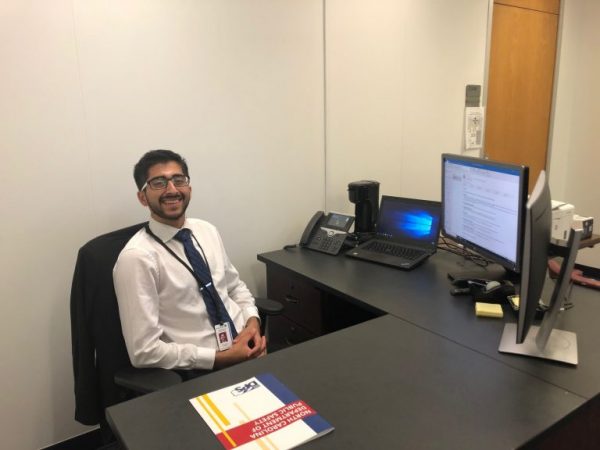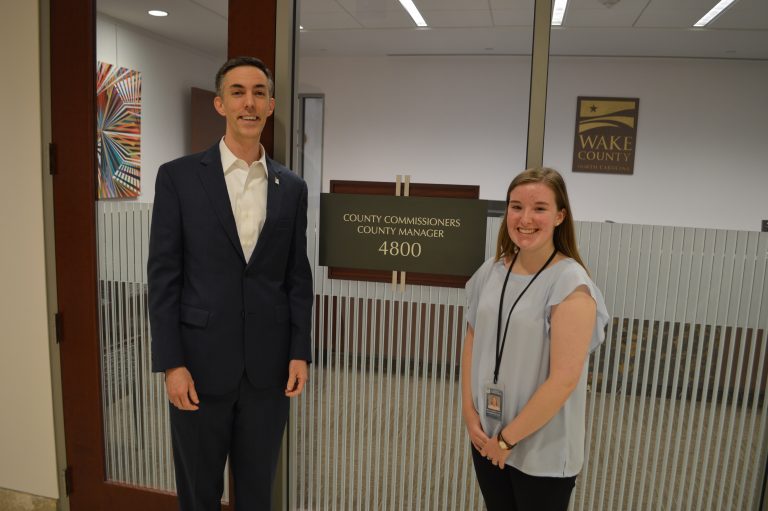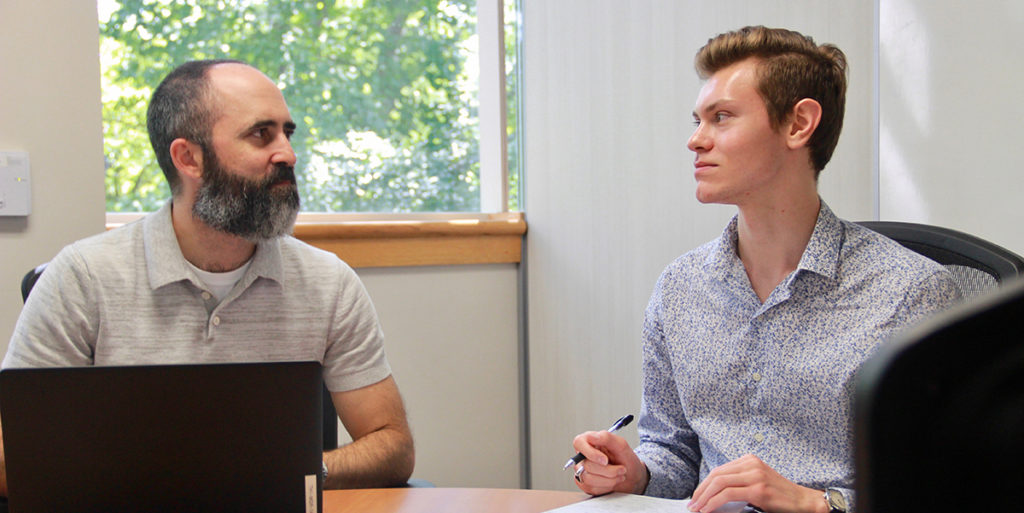Research UNCovered: Eleftheria “Ria” Kontou
Eleftheria “Ria” Kontou is a postdoctoral research associate in the Department of City and Regional Planning. She uses transportation models to uncover whether ride-sourcing platforms like Uber and Lyft affect city road crashes, injuries, fatalities, and DUI rates to help urban planners identify solutions for safe, efficient mobility.
Research UNCovered: Eleftheria “Ria” Kontou Read More »










